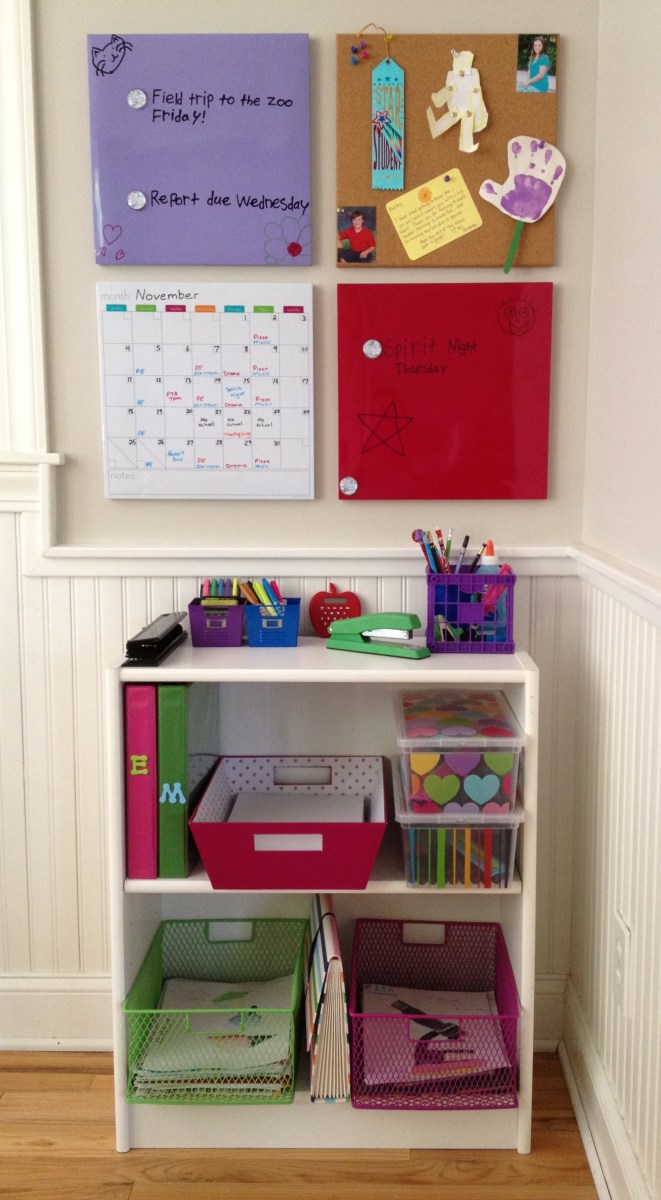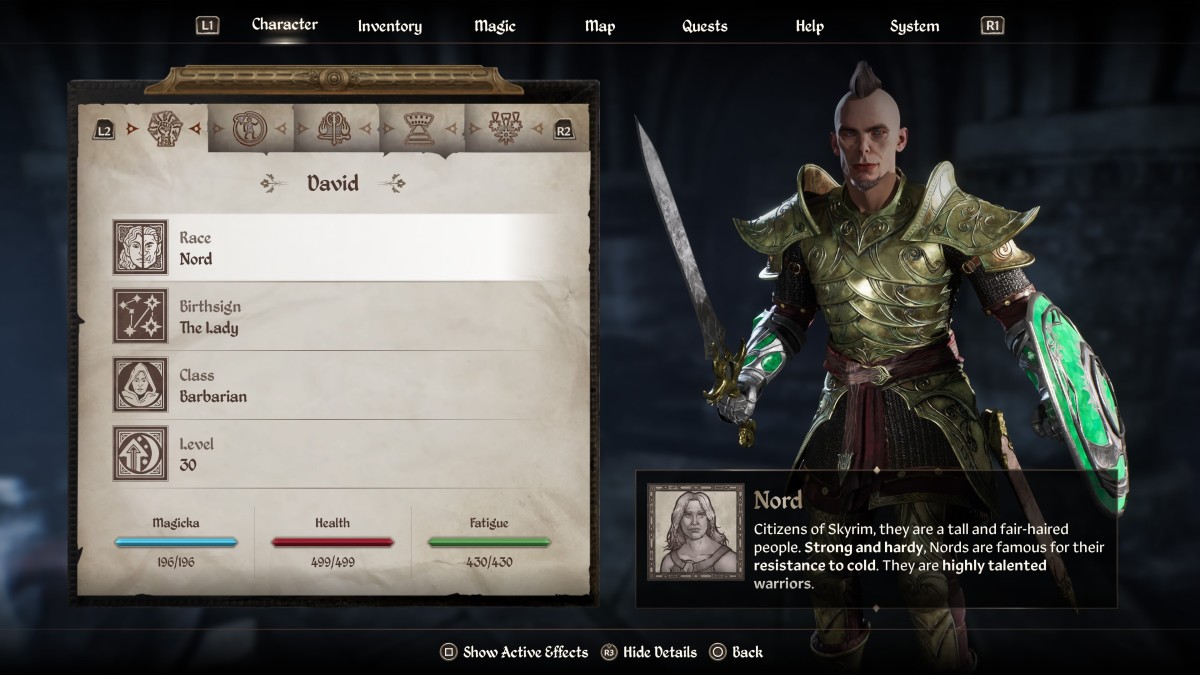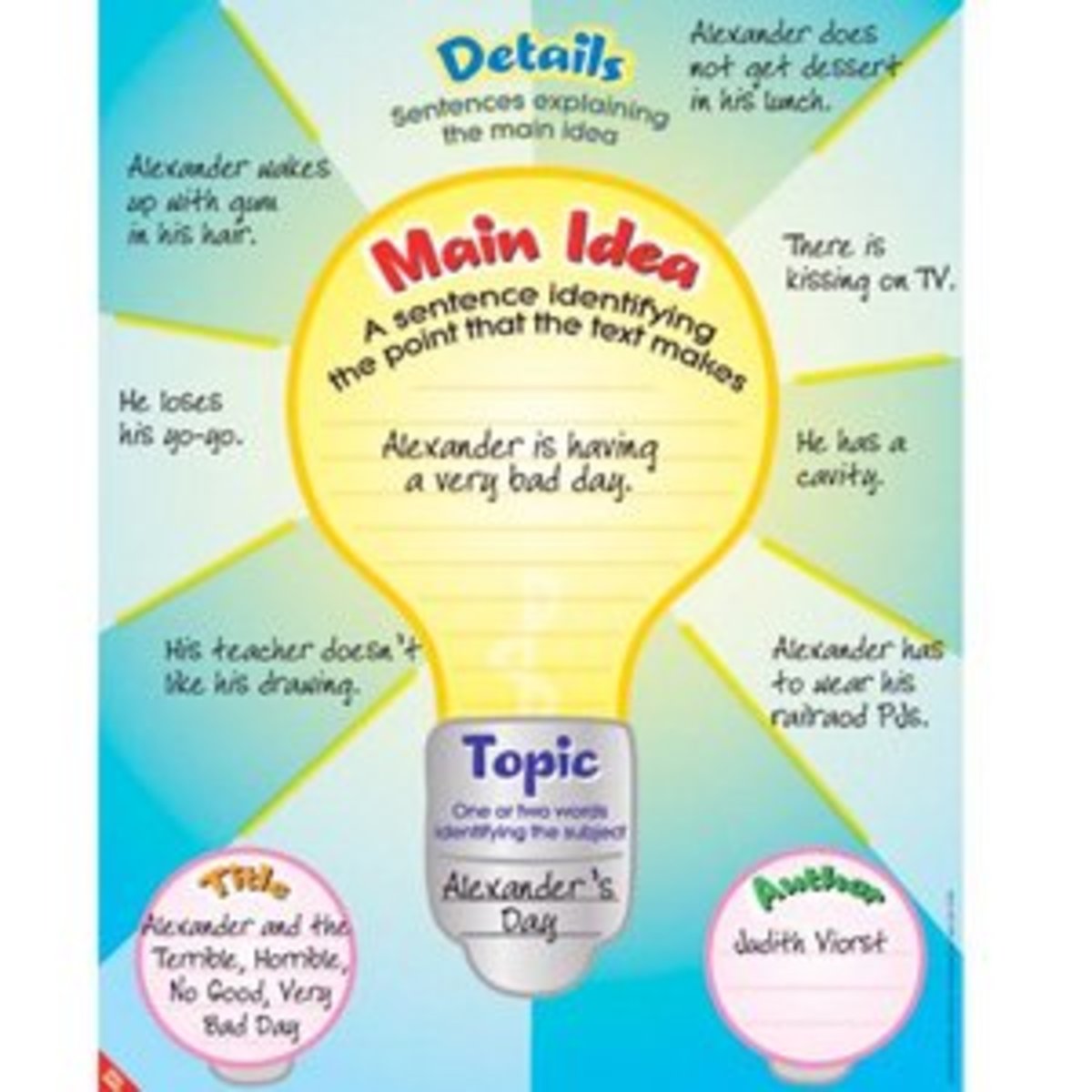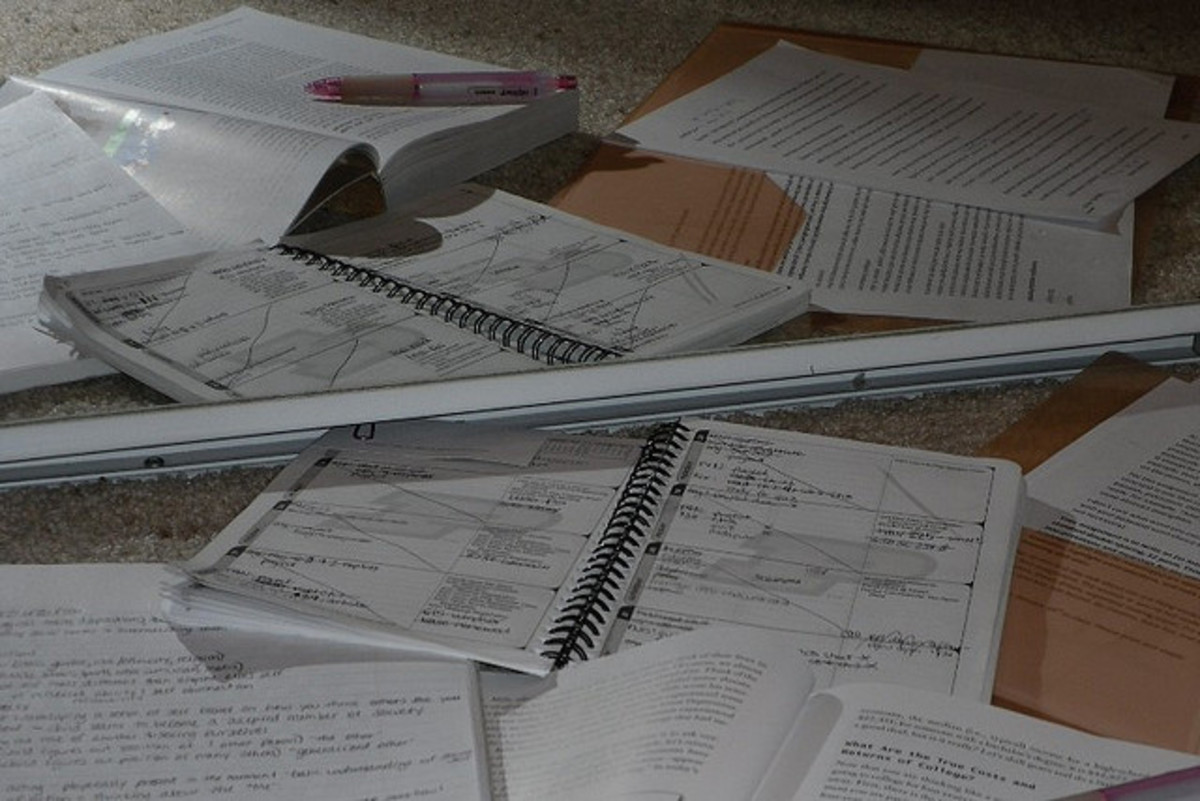How to Motivate Child To Do Homework- 7 Useful Tips
Day 7, HUB #7
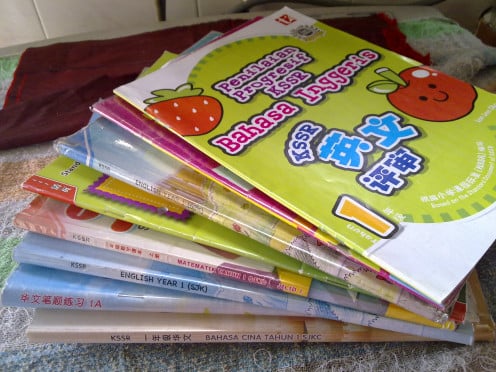
Are you doing your job as a parent?
Do you inquire your children (schoolage or teens ) about their homework?
The Importance of Homework
Do you have children studying at primary or secondary school?
Do you feel worried everyday whenever you see them concentrating on using the Internet, browsing websites that are not related to their homework?
- You wouldn’t even know whether your children are making a good use of internet, modern technology to aid their homework either.
- There are parents who are also worried when their children spend every evenings and weekends buried under piles of books, projects and homework which seems endless.
- Homework is essential for children to learn how to use research books, newspapers and a computer to solve homework problems by themselves.
- Children should learn to be independent, look for solutions to improve their learning skills instead of relying on tuition teachers, parents or older siblings for answers to their school homework.
- They learn to be organized, which comes first and next, when to complete the tasks given by teachers.
- Doing homework at home give children ample time to learn basic lesson of different subjects in school. Listening to teachers teaching on how to solve maths problems are far better than wasting time figuring out the formulas at lesson time.
- There are a few things that parents can do to help their children stay focus on their homework without giving up easily.
Here are 7 useful tips on how to encourage your kids to do homework that surely works!
White lights


Recommended Study Desk and Chair
Tips No.1- Choose a Comfortable Room
- Choose a quiet corner or a comfortable room as the study room for your child.
- It can be a small room or even upstairs living hall which is much spacious.
- Make sure that the study room is well-lit with white fluorescent lamp .
- Avoid orange or neon bulb lamps which are too dim for them to read the books and unhealthy for his eyesight.
- Put a long wide table or a desk with drawers, a comfortable chair with armrest in the study room.
- Do not add in a bed or lazy couch that may “invite” your child to sleep.
- If possible, make sure that the study room is quiet, far from entertainment components such as television, radio, video games and computers which may distract his concentration.
Light Snack

Tip No.2- Eat and Drink
- Encourage your child to eat and drink before starting their homework.
- Parents should give children some light healthy snacks such as sandwiches or muffins to fill up their hunger pangs.
- Give them healthy beverages, preferably warm drinks or fresh fruit juice to quench their thirst.
- Well fed children are able to concentrate and use their intelligence when they are full of energy and stamina.
- However, do not overfeed them with fatty, oily food or high in sugar snacks which may cause them feeling sleeping and lazy after a hearty meal.
- Allow them to rest for 10minutes before continuing their homework.
- A short break of light meals and drinks help them to feel rejuvenate from stress.
Suitable snacks for kids
- FRUIT SALAD
Salad is a low cholesterol diet plan for weight watchers. salad dressing is important. Choose light dressing because normal salad dressing consists of fats and calories. Here are easy chicken salad recipe, how to make fruit salad recipe - Chocolate Chip Raisin Muffins Recipe
Muffins are light snacks for kids, not too fatty, easy to bake and you can keep them in fridge for the next day. - Warm Tea and Tea Jelly Recipe
Tea is a healthy beverage, cools down body heat and great to flush out toxin. Tea jelly is a great snack too - HOT TASTY PORRIDGE
Porridge is a great dish for patients, anyone who has lack of appetite and toddlers too. Best of all, porridge is low in cholesterol, healthy and suitable for those who are on a diet.
Bedtime

Tip No.3- Get Ready for Bedtime
- Remind your kids to go to bed at a reasonable time.
- Allow them to get ready for bedtime after they had finish their homework.
- It is advisable for children to start doing their homework early rather than giving them an extra hour of homework when they are too tired to concentrate and feeling sleepy.
- Let them start early, preferably after meal so that they have sufficient time to finish their homework and remind them to get ready to bed at least 30min before bedtime.
- Discuss with your children which is a reasonable time to go to bed and keep to the schedule.
- Do not allow them to delay the time to do homework after the schedule is fixed. Once they are given the chance to break the rule, they will give you a dozen of excuses to escape from doing homework whenever they see any loopholes.
- Before going to bed, no watching TV or using cellphones, any electrical gadgets, not even 10 minutes.
- Let their little brains rest so that they could fall asleep easily.
What time does your kid goes to bed?
Mark the calendar
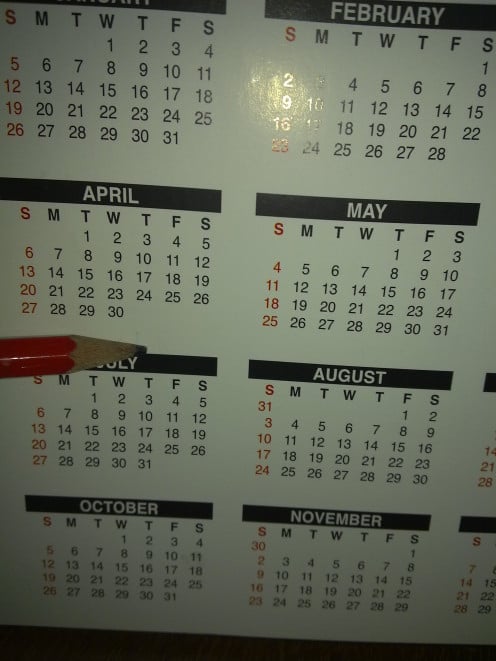
Tip No.4- Homework Schedule
- List out homework schedule on the study room wall or calendar so that your children could take note what homework they have to do for the day.
- Divide to 2 subjects per day they have to revise after the homework is done, if time is available.
- Allocated ample time for each homework to be done in a day and what extra worksheets they had to complete in the week.
- Having a schedule fixed is a best work out for children as they know what to do next, without waiting for parents to keep reminding them what to do next.
- Furthermore, a homework schedule helps them to be more independent and self- organized.
- Do not waste precious time on not important stuff. Some homework can be done later in the week as it is not compulsory to pass up the next day. For example, Art class is held on every Wednesday. Since the art work has to be pass up the next Wednesday, schedule the art work to be done on weekends instead.
- Keep them up-to-date by checking on the Homework schedule as often as possible.
Please don't shout at me!

Tip No.5- Quit Nagging
- Do not add pressure to your children.
- Mothers are born to nag at children over the slightest mistake.
- Quit nagging or cut down your nagging habit.
- It will add severe pressure and tension to the children’s mind and body.
- Don’t nag about the messy bedroom that irritates you especially when they are in the mid of doing their homework.
- Leave it until the weekends when they are free from homework.
- Do not press them too hard, demanding for excellent results in examinations, being top in the class or have perfect homework.
- Nothing is perfect. Every child has his unique talent and ability to do something extra-ordinary from others.
- Remind your child once or the most twice and leave him alone.
- Give him some freedom of space to breathe, do the things on his own way.
I need a break!

Tip No.6- A Short Break
- Allow the children to rest from time to time.
- Let them take a short break to stretch out, drink some refreshments, go for a pee or simply do nothing at all.
- Children need to rest their brain and eyesight after an hour of homework.
- You can let them take a break at every 30min or 45min .
- It will help them to relax their mind and body as they will not feel bored or cultivate the hatred towards homework.
- Incidentally, after a rest, they might have new ideas or the solutions to the homework problems.
- Pressing for time would lead to disaster in making more mistakes than finding solutions.
- Give them a break, get a Kit-Kat!
Call the teacher

Tip No.- . Keep in Touch with Teacher
- If you have any questions or worries about your children behavior in school, how he fare in his homework, it is wise to keep in touch with the teacher in charge.
- Liaise with the teacher when you have some doubts in mind.
- Sometimes, children may misunderstand the teacher’s instructions or didn’t pay attention in class during lesson period.
- Your children could contact their classmates in order to re-confirm the queries if they do not want you to call the teacher.
- Parents and teacher should have a half yearly meeting in school or interact with each other during retrieving the children’s report card in school.
- Hence, parents will be well informed of the children’s conduct, behavior and improve the homework too.
Hubs related to parenting and kids by peachpurple
- Why Kids Imitate Parents?
Toddlers and kids love to imitate other kids and parents behaviors. Repeating and mimicking everything is their learning ability, curiosity to learn evrything they want to know - 5 Tips to STOP your kids from watching too much TV
Children who watch too much television have disrupted sleep patterns, behavior and becomes lazy easily. List out strict rules for your kids to abide in order to reduce kids behavior problems - Quick Ways To Motivate Your Kids To Write
Kids and adults are not keen in writing nowadays. We rely to much on all the technology gadgets to type out our work. Here are 6 great ideas to encourage kids and teens to hold the pencils at home. - The Benefits of Board Games for Kids
Every kids and adults love to play board games. Playing board games are not only fun but it also helps to cultivate different skills for kids to learn as they grow up. - Why Playing is IMPORTANT to children
Children love to play toys. It doesn't matter what type of toys because they help to keep the children entertained and they learn to spend some time on their own. Children never give up easily when they face any problem especially in the mid of playi - Tips how to STOP Temper Tantrums
How do you handle your toddler who screams and yell at the top of his voice when you are shopping, in the car driving or at home when you are busy with housechores? You need to figure out what's wrong before spanking him which may worsen the problem - Fun Ways To Teach Kids The Alphabets
Start teaching your toddler recognize the alphabets at age 2 when he learn to talk. Teach your toddler the fun of learning with homemade flash cards, games and sing-along-songs. Learn the ABC with fun
This content reflects the personal opinions of the author. It is accurate and true to the best of the author’s knowledge and should not be substituted for impartial fact or advice in legal, political, or personal matters.
© 2012 peachy


